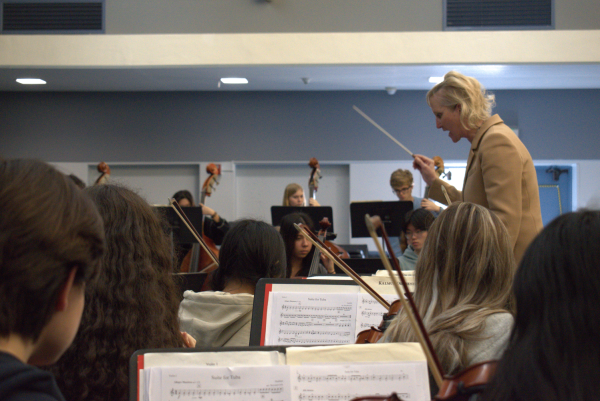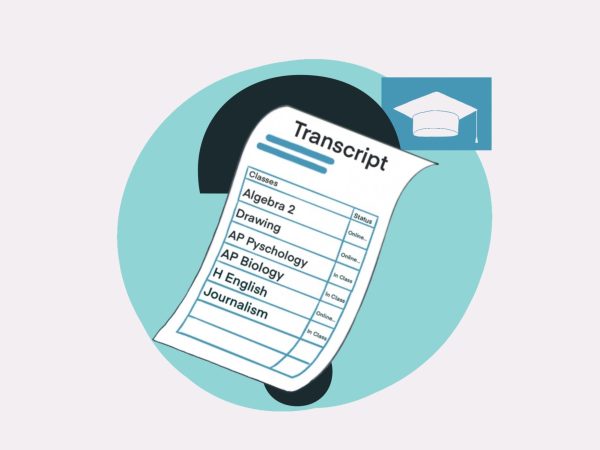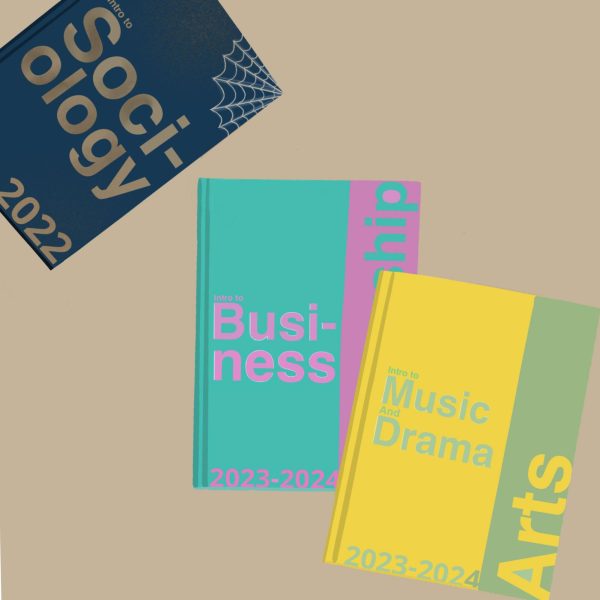New Bill Seeks to Diversify State High School Curriculum
Governor Gavin Newsom signed Assembly Bill 101 into legislation on Oct. 8, effectively making California the first state to mandate an Ethnic Studies program for all public high school students.
The semester-long Ethnic Studies course will be implemented during the 2025-26 school year, and will be a graduation requirement for the class of 2030 and subsequent classes.
However, this is not the first time the issue of ethnic representation in schools has been proposed. Back in September 2020, Newsom vetoed a different bill, explaining that it was not adequately balanced and inclusive in its representation of different cultures.
The revised curriculum expanded Ethnic Studies to not only include Black, Latinx, Asian and Native American experiences but Sikh, Jewish, Arab and Armenian cultures as well. According to Newsom, the hope is to provide a program that is “inclusive of all communities.”
“Students deserve to see themselves in their studies, and they must understand our nation’s full history if we expect them to one day build a more just society,” Newsom wrote in his signing statement.
Campus Unification Director Gio Stewart said that he is excited for the implementation of this initiative.
“Ethnic Studies has been demanded by people of color, especially by Black and Latinx [students],” Stewart said. “When students were taught by teachers who represented them, like if an African American student had an African American teacher or if they’re studying a topic that has to do with their community, the academic outcomes for these students are a lot greater, higher and improved.”
However, the new curriculum does not come without opposition.
According to The Washington Post, conservative groups argue that these types of programs portray all white people as oppressors, while reducing minorities to powerless victims. They said that they believe that this form of education is both dangerous and divisive.
The Liberated Ethnic Studies Model Curriculum, an education consulting group, also criticizes the program for its “watered-down version” of the curriculum; a result of the signed bill’s exclusion of certain lessons such as police brutality against African Americans, according to EdSource, a website dedicated to engaging Californians on educational issues.
Despite the opposition, the curriculum has advocates as well, many of whom are members of the Pali community.
“It’s really important for students to be knowledgeable about the different cultures that are in America,” said senior Andrew Wu, a member of the Asian Student Union. “As a well-rounded person, you should be able to understand different viewpoints and lifestyles.
“Part of educating people is to become what we would want in our communities — a more accepting person, a more open person, a more knowledgeable person in general,” Wu added.
Heaven Martin, sophomore and Co-President of the Black Student Union, also said that she believes that an Ethnic Studies program is an important addition to the curriculum.
“The Ethnic Studies program would give people the chance to learn about other cultures and races, and also would give the people of those races the chance to learn more about themselves,” Martin said. “The current curriculum lacks that.”
While Martin is optimistic that the program will shine light on “a lot of stories that need to be told,” she also worries whether the course will be “well thought out.”
Wu shares similar concerns.
“It has to be implemented in a way that ensures that these groups are properly portrayed and all the information is accurate,” Wu said. “If it’s not executed properly, it could cause more harm than good.”
Even though current Pali students will graduate before the Ethnic Studies program will be fully implemented, those who are interested in learning about other cultures can join the Ethnic Studies Book Club founded by Stewart to spotlight minority voices.
“Representation in curriculum is important,” Stewart said. “When we look at American society, it’s very diverse. It’s only right that we begin to tell other people’s stories and other people’s sides because they are a part of whatever creative genius that our country has.”

Nico Troedsson, a junior, is excited about contributing to Tideline for a third consecutive year, this time as a features editor. His passion for journalism...










